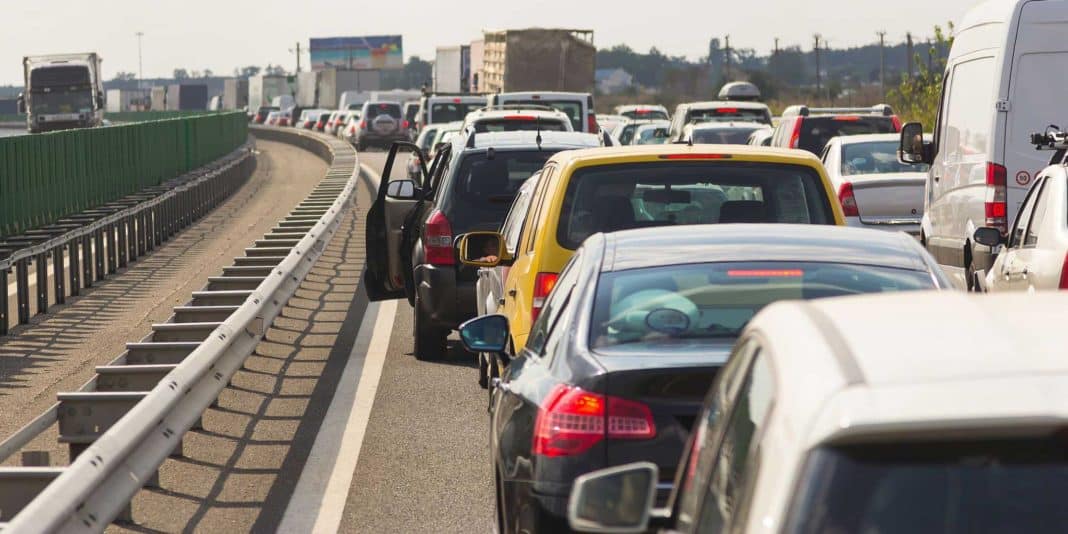The second, and busiest phase of Easter traffic operations begins on Wednesday, when from 3:00 p.m., the General Directorate of Traffic (DGT) expects a total of 9.4 million trips to take place.
The good weather, the lack of rainfall and the high temperatures that are expected will be on the side of travellers, where an average of 1.5 million daily trips is expected. This translates into an increase of almost 2.5% compared to the data for 2022.
In the first operation, which took place last weekend, 14 people were killed on the roads.
The General Director of Traffic, Pere Navarro, has once again called for prudence at the wheel, recalling the current consecutive campaign to avoid alcohol before driving, as well as ensuring you drive at an appropriate speed, take breaks every two hours and wear your seat belt, whilst also not using your mobile phone.
Traffic flows will start to increase from early afternoon on Wednesday – at which time this second phase begins in all the communities except Catalonia and the Valencian Community – traffic problems and retentions at exits and accesses of large urban centres will be the biggest challenge. And it can occur both in the interior of the peninsula and in areas of the periphery and coast, moving as the afternoon progresses to the destination areas.
The congestion of the roads will be repeated on Thursday morning and, from 1:00 p.m., they will be especially noticeable in Catalonia and the Valencian Community, with the start of the Special Operation in those regions.
Throughout Friday, displacements will continue in the direction out of large cities and may cause heavy traffic. In the first half of the day, except in Catalonia and the Valencian Community, the routes will be short distance to leisure and recreation areas close to urban centres. The rest of the day this type of travel will continue, as well as on Saturday morning, while the return movements will begin in the afternoon.
The return will continue on Sunday in Andalusia, Aragon, Asturias, the Canary Islands, Cantabria, Castilla-La Mancha, Castilla y León, Extremadura, Galicia, Madrid and Murcia. Traffic problems may occur, especially between one in the afternoon and eleven at night on motorways, dual carriageways, roads in coastal areas and, late in the afternoon, on the access roads to large cities.
It should be noted that to deal with this increase in circulation, the DGT has all its resources, both technical and human. In turn, it will implement traffic management and regulation measures, such as the installation of reversible lanes and the suspension of works.





